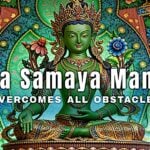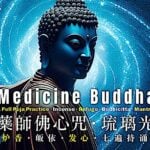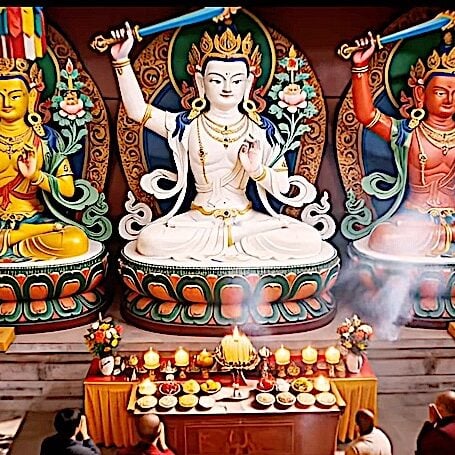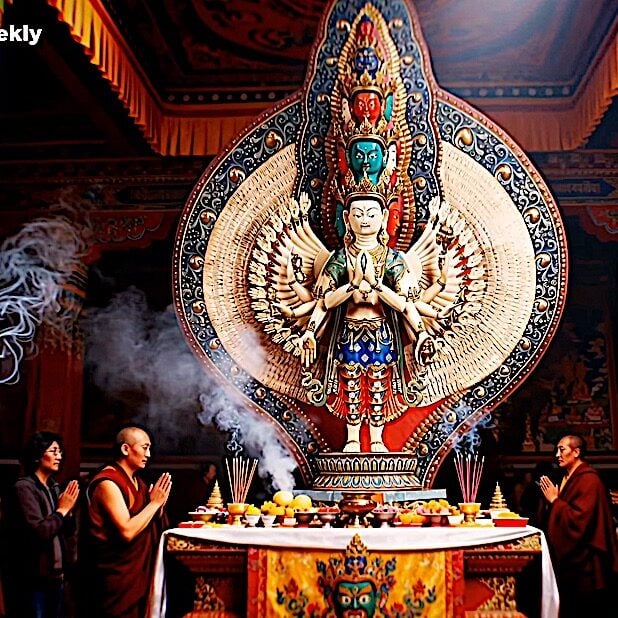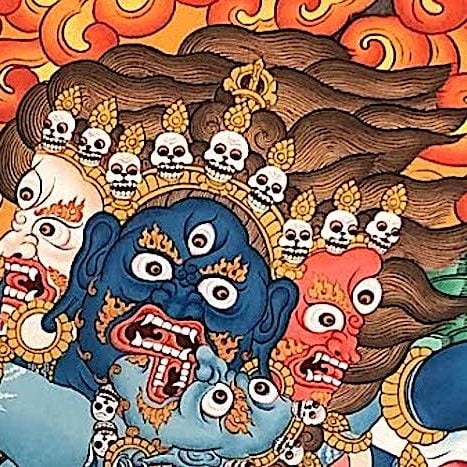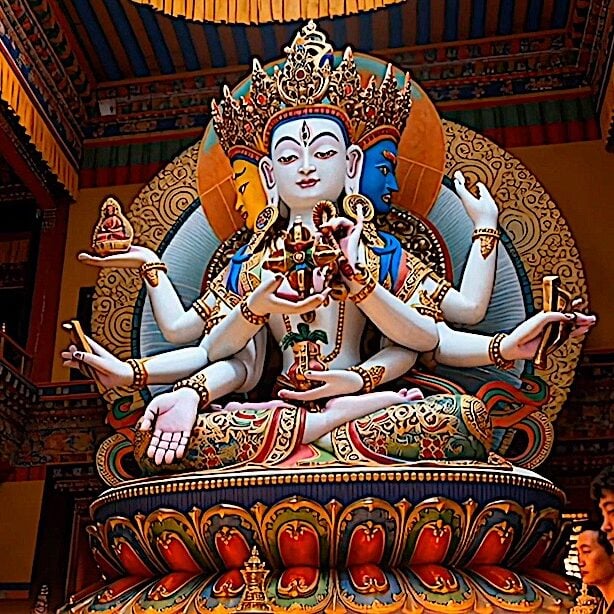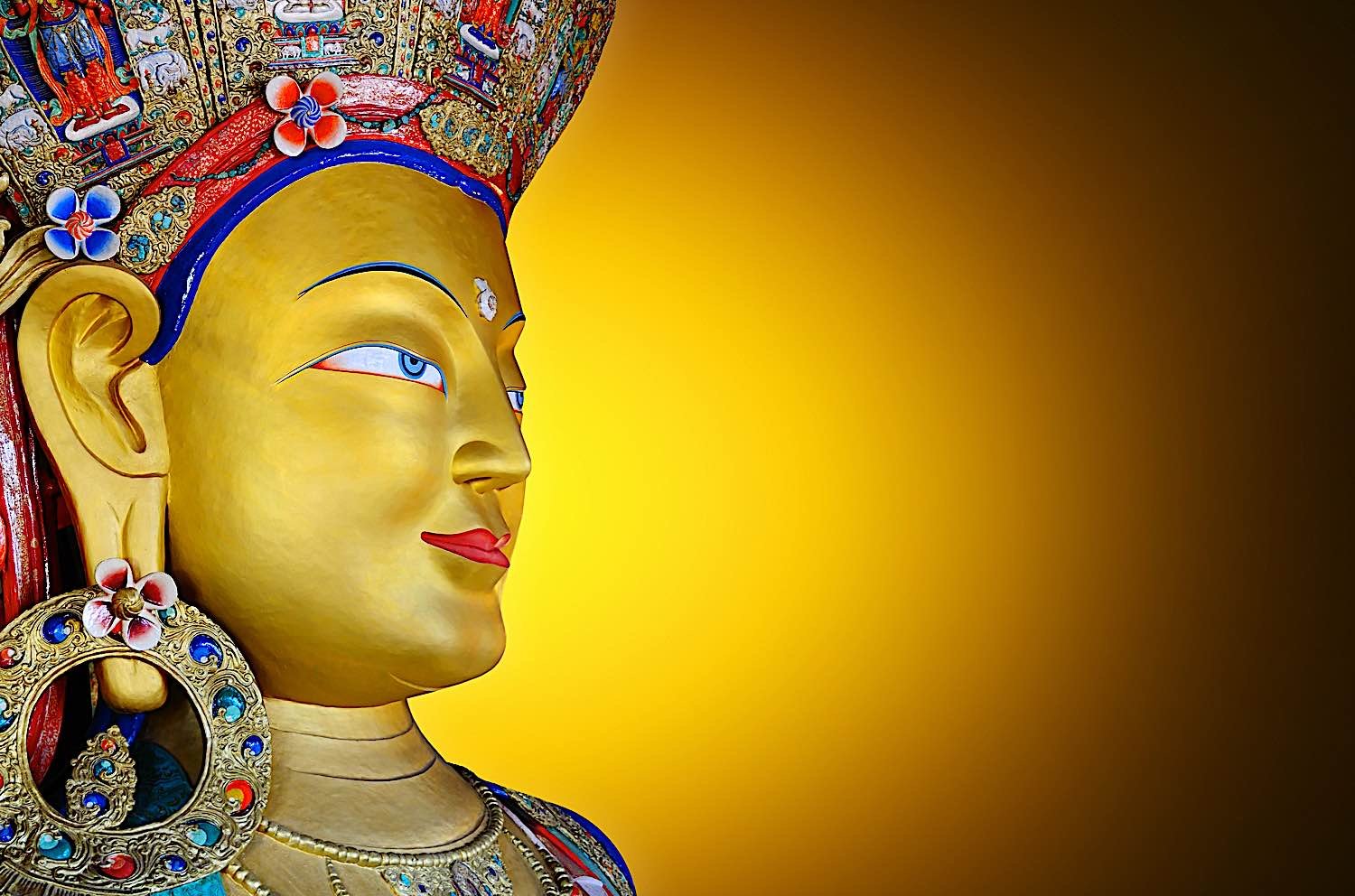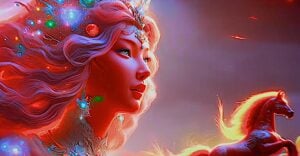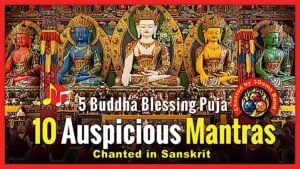7-Minute Prosperity and Auspiciousness Practice of the Four Heavenly Kings!
FOR PROTECTOR PUJA DAY or ANY DAY when you need a little auspicious blessing. Protector Puja Day is the 29th of each lunar month (day before the New Moon). Actual full Puja offerings, praise and supplication for prosperity, auspiciousness and the four activities of the Four Heavenly Kings:
FULL TEXT BELOW, or download the Practice PDF on Buddha Weekly’s Dharma Downloads page
Recitation
I prostrate and take Refuge in the Three Jewels, the Buddha the Dharma and the Sangha until I attain Enlightenment for the benefit of all sentient beings.
I offer real and imagined flowers, incense, butter lamps, scent, food, music, and so forth. Assembly of Buddhas and Bodhisattvas and Heavenly Kings, please accept them.
I confess all my faults from beginningless time until now, committed with a mind under the sway of the afflictions, such as the ten nonvirtues.
I rejoice in whatever merit has been accumulated in the three times by Hearers, Solitary Realizers, Bodhisattvas, ordinary beings, and others.
Please turn the wheel of the Dharma according to the intentions and mental dispositions of sentient beings.
Until Samsara is emptied, please do not pass into Nirvana but look with compassion upon sentient beings who are drowning in the ocean of suffering.
May whatever merit I have accumulated become the cause of Enlightenment for the benefit of sentient beings.
May all beings have happiness and the causes of happiness. May they be free from suffering and the causes of suffering. May they not be separated from the sublime happiness that is free from suffering. May they rest in the great equanimity that is free of the duality of attachment and aversion.
Thus we gather the accumulations through prostrating, offering, confessing, and generating the two types of bodhichitta of the preliminaries.
Now I accumulate wisdom, compassion and activity with the mantras of the Four Great Heavenly Kings.
To the Heavenly King Vaishravana, “King of the North” who “listens to the world” and who upholds the virtue of karuna and compassion through virtuous abundance, I prostrate, make offerings and request blessings.
oṃ vaiśravaṇa ye svāha
To the Heavenly King Dhṛtarāshṭra, king of the East, “he who upholds the world” and who upholds the virtue of Empathetic Joy, muditā, creativity, harmony and art, I prostrate, make offerings and request blessings.
oṃ dhṛtarāṣṭra ralā pravādha na svāha
To the heavenly king Virudhaka in the south, who causes to grow, the great upholder of the of the virtue of equanimity, I prostrate, make offerings and request blessings.
oṃ virūḍhaka kuṃ bhāṃ ḍādhipata ye svāhā
To the Heavenly King of the West, Virūpāksha, “he who sees all” and is always vigilant as protector of the world and the Dharma, who upholds the virtue of Loving Kindness, I prostrate, make offerings and request blessings.
oṃ virūpākṣha nāgā dhipata ye svāhā
By the power of praising and supplicating the Three Jewels and the Four Heavenly Kings, wherever I and others reside may illness, obstructive spirits, poverty, and fighting be pacified, and may the Dharma and auspiciousness flourish.
May I attain Enlightenment for the benefit of all sentient beings.
More articles by this author
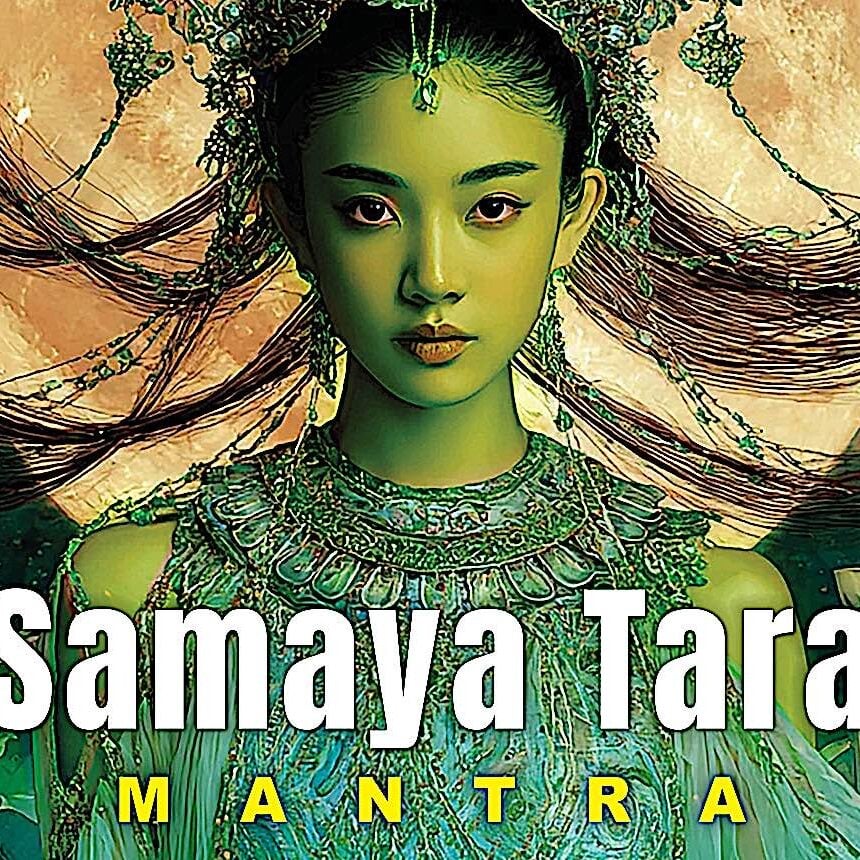
100-Syllable Yidam Samaya Mantra: Union, Bliss, Bonding, Renewal, Purification, Wish Fulfilment and Wisdom

Video: Vajrakilaya — Vajrasattva’s Angry Face of Great Love protecting you from the 5 poisons and 8 Dangers
Search
Latest Features
Please support the "Spread the Dharma" mission as one of our heroic Dharma Supporting Members, or with a one-time donation.
Please Help Support the “Spread the Dharma” Mission!

Be a part of the noble mission as a supporting member or a patron, or a volunteer contributor of content.
The power of Dharma to help sentient beings, in part, lies in ensuring access to Buddha’s precious Dharma — the mission of Buddha Weekly. We can’t do it without you!
A non-profit association since 2007, Buddha Weekly published many feature articles, videos, and, podcasts. Please consider supporting the mission to preserve and “Spread the Dharma." Your support as either a patron or a supporting member helps defray the high costs of producing quality Dharma content. Thank you! Learn more here, or become one of our super karma heroes on Patreon.
Lee Kane
Author | Buddha Weekly
Lee Kane is the editor of Buddha Weekly, since 2007. His main focuses as a writer are mindfulness techniques, meditation, Dharma and Sutra commentaries, Buddhist practices, international perspectives and traditions, Vajrayana, Mahayana, Zen. He also covers various events.
Lee also contributes as a writer to various other online magazines and blogs.




